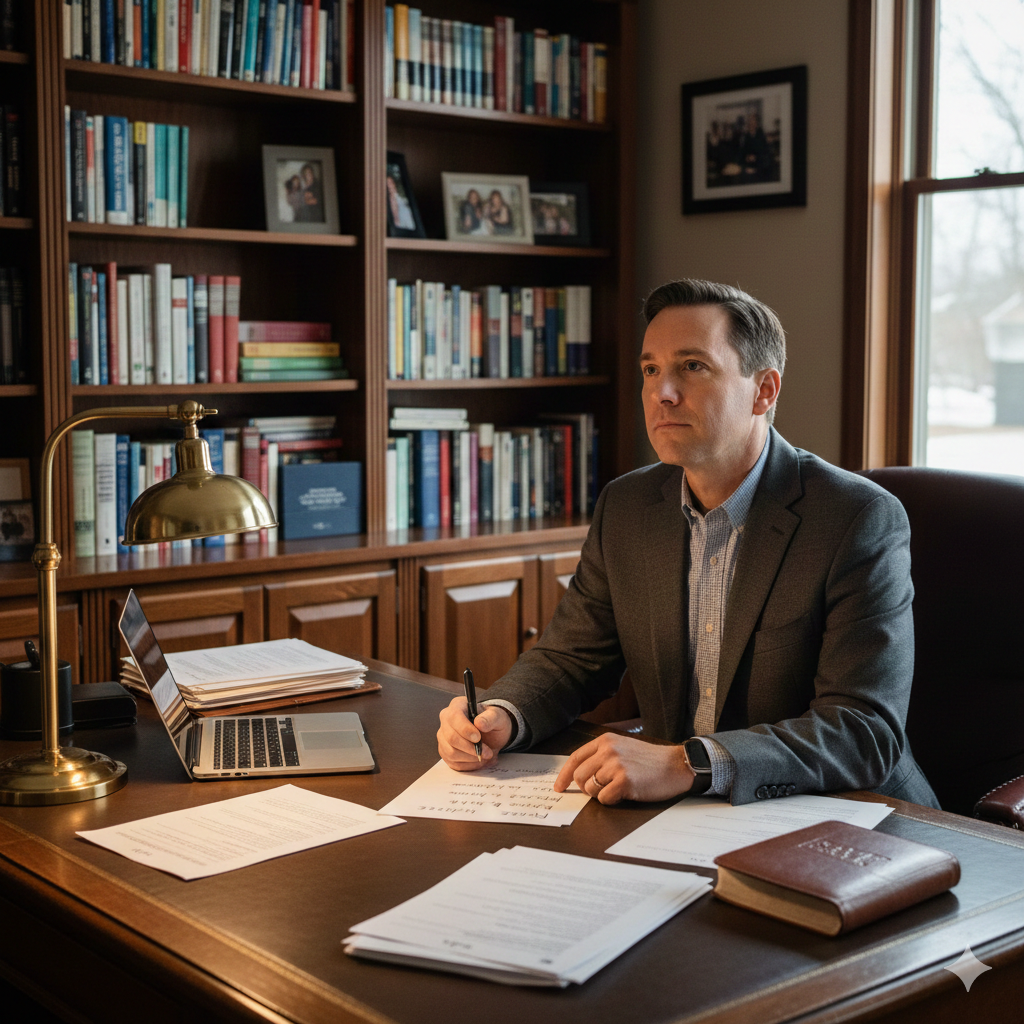Be watchful, stand firm in the faith, act like men, be strong (1 Corinthians 16:13).
A lot of guys don’t know — they have no sense of what it means to be them, particularly. They have no idea what it means to be a man. — Washington Post
Growing Up in a Culture of Confusion
Our boys are growing up in an upside-down culture. God is dead, irrelevant, or at best a cosmic therapist. Gender is not biological; it is fluid, flexible, and anything you want it to be from moment to moment. Marriage is at best optional, at worst a patriarchal prison. It is okay to kill a human embryo, but not the dime-size blind spider. Men are told they should be more like women, and women should be more like men.
In a world increasingly hostile to biblical manhood, clarity and conviction are more vital than ever. Men must know who they were created and redeemed to be. The world offers no shortage of counterfeit images of masculinity—brash, self-indulgent, misogynistic, and shallow, or entirely emasculated.
True manhood is not found on the big screen or in the manosphere, but in Scripture, where character defines a man. The Latin word most directly related to masculinity is virtus, which encompasses qualities like courage, bravery, manliness, excellence, worth, and virtue. It’s a broader term than simply bravery, encompassing moral and character traits.
Biblical Masculinity vs Machismo
There is a difference between biblical masculinity and being macho.
Biblical masculinity is defined by Scripture. It reflects the character of Christ and God’s design for manhood. It emphasizes servant leadership, humility, courage, faithfulness, responsibility, and sacrificial love (Ephesians 5:25; 1 Corinthians 16:13; Micah 6:8). It is characterized by serving, leading with humility and love, and developing a strong character that reflects God's image.
Machismo or being macho is a cultural caricature. It often values dominance, aggression, emotional suppression, and pride. It is fueled by ego and social expectation rather than biblical truth. It is defined as strong or aggressive masculine pride.
Teaching Boys to Be Good Men and Good Fathers
Boys become good men by watching good men. Our sons, students, and spiritual sons need to see what biblical manhood looks like in everyday life. They need role models—not perfect models, which do not exist this side of heaven—but men who are serious about virtue and character as the foundation of biblical masculinity.
What follows are virtues essential to becoming the kind of man—father—and role model—God intends.
Read More









